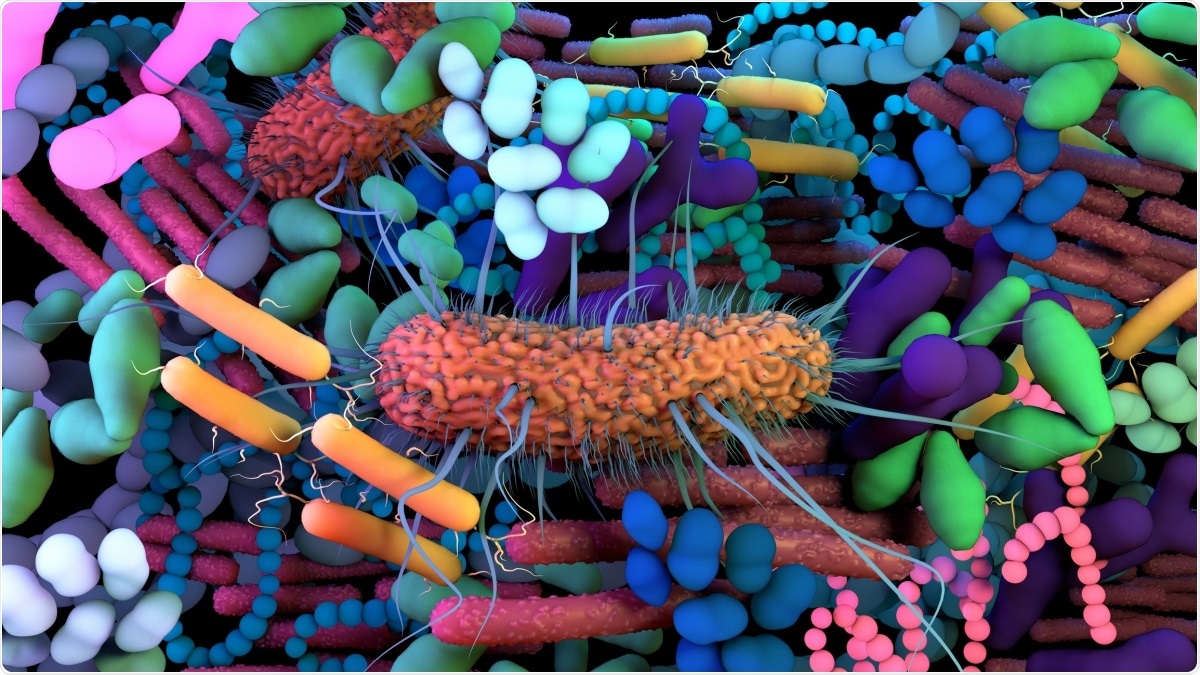For many years, researchers have fought with opposing theories to describe how inter-species interactions, including competition, affect biodiversity.

Biodiversity is its own catalyst—to a point. Image Credit: McGill University.
Monitoring microbial life around the world, a research team from McGill University has demonstrated that biodiversity actually encourages more diversity of microbiomes that are originally less diverse.
But the rates of diversity peaks with increased competition for space and survival in microbiomes that are more diverse. The results of the study, published in the eLife journal, could allow scientists to gain a deeper understanding of how microbiomes—that is, communities of microorganisms living together in specific habitats, such as humans, plants, animals, or even oceans and soils—could recover from biodiversity loss.
We know that biodiversity is important for ecosystem stability and functions, and many physical, chemical, and biological factors can affect biodiversity. Our study shows that ecological interactions are likely an important and general factor that promote diversity.”
Jesse Shapiro, Study Co-Author and Associate Professor, Department of Microbiology and Immunology, McGill University
Disruptions, like more pesticides in the soil and more antibiotics in the food chain, are having major impacts on the human microbiome and the broader ecological ecosystem of Earth. But reversing the negative effects requires an understanding of what has gone wrong and also how to make things right. This needs a deeper understanding of the function of the microbiota, added the researchers.
Do predicted patterns occur in nature, not just in the lab?
The query of whether “diversity begets diversity” has been discussed for many years in the analysis of natural plant and animal populations and in the evolution of bacteria in laboratory settings.
Although some investigators argue that current biodiversity can restrict more diversity as species fight for survival and space, others argue that it can encourage the richness of organisms and promote the co-existence between different kinds of species.
Hence, to find out how ecological theory really plays out in nature, the research team made large crowd-sourced efforts to examine the DNA sequences of microbial species in the world’s largest biodiversity survey.
The investigators also observed that diversity in the microbiome encourages more diversity in communities, such as the human intestine, in which there is not much diversity. However, diversification still slows as ecological niches are gradually filled in more diverse communities, such as soils.
The challenge of occupying the same niche
Ecological niches reflect the role played by a species in a community, like how it reacts to competitors and resources in a given habitat. It is difficult for two kinds of species to share the same niche in the same habitat for a long duration.
In optimal environments, a species will flourish and play a unique role, without competing for space and survival. This is why diversity rates plateaus as ecological niches are gradually filled in populations with more types of species and individuals.
We now have a better understanding of how the theory of biodiversity applies to a much larger fraction of the genetic diversity on Earth.”
Jesse Shapiro, Study Co-Author and Associate Professor, Department of Microbiology and Immunology, McGill University
The research work focuses on the accumulation of diversity through migration, such as new forms of bacteria that come from one environment to another. In the days to come, the team is planning to expand their analysis to evolutionary diversification, such as gene gain or loss and mutation, and how it is influenced by local biodiversity.
Source:
Journal reference:
Madi, N., et al. (2020) Does diversity beget diversity in microbiomes?. eLife. doi.org/10.7554/eLife.58999.